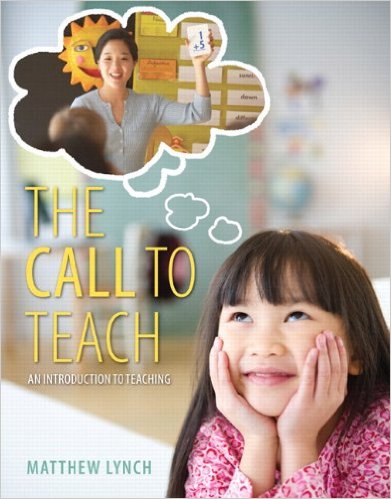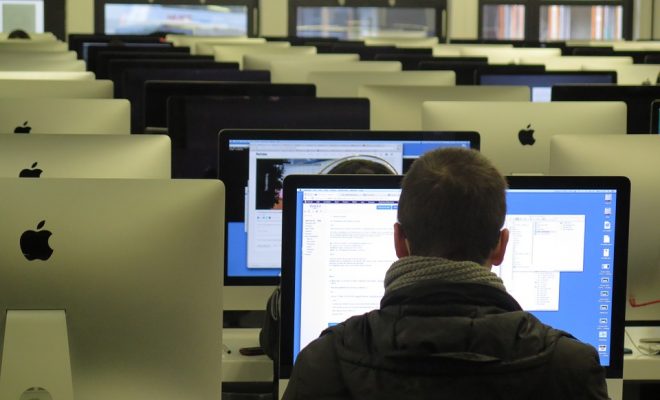Current Trends in Special Education

The way that K-12 learners are taught is in rapid flux, particularly when it comes to students in special education programs. According to a report by the Fordham Insititute, special education participation by K-12 students represented 13.1 percent of the nation’s student population in 2010. From 2000 to 2010, students in special education categories like learning disabilities, mental retardation and emotional disturbances dropped in numbers. Cases of autism spiked dramatically, though, quadrupling over the 10-year span. Combine these statistics with the way classroom technology has changed since the year 2000 and it makes sense that special education is in an adjustment period. The way that students are served through special education initiatives is evolving, as it should. Here are a just a few of the current trends in special education:
LAMP
Language Acquisition through Motor Planning, or LAMP, is an approach that connects neurological and motor learning in a way that makes communication easier for students with autism and related disorders. These principles are proving especially helpful for students who do not speak or have very limited verbal skills. Paired with technology, LAMP principles empower a growing student population with autism to effectively communicate and reach higher academic achievements. LAMP is present in technology – from specially made computers to learning apps.
Assistive technology
The tools needed for academic success when it comes to students with physical disabilities are progressing. The same is true of students that may have learning disabilities, or a combination of both. Assistive technology can help any student with any number of issues. The technology can be as common as using an e-reader instead of a traditional book or as advanced as a computer that responds to the eye movements of the student as commands. It can be argued that while assistive technology certainly enhances the learning process for traditional students, it gives those in special education access to learning that would not exist without the technology.
Early detection
Of course, discovering disabilities early in life is nothing new but it has become more than simply a labeling game. Groups like Easter Seals are behind the cultural push to fund programs that specialize in early detection of developmental delays that can often be helped with intervention programs. The Centers for Disease Control reports that 11 percent of the children who are served in federally funded early intervention programs (before Kindergarten, as young as 24 months) end up not needing any special education in the school years. Despite this, the CDC also reports that the median age for diagnosis of spectrum disorders like autism is older than 6. It will take a change in thinking at all levels – from parents to lawmakers – for kids to receive the help they need in early childhood and improve special education through adulthood.
Classroom integration
Long gone are the days when special education students were placed in separate classrooms, perhaps even in completely different parts of a school. Special education students are often now sitting alongside their traditional student peers for at least part of the day. The amount of time spent in a “normal” classroom is determined by the particular disability but more special education students are in classrooms than in the past – giving them the common school experience of their classmates.
Student-led planning
When special education students reach high school, they are being called upon more and more to have input into their individual learning plans. This is to prepare these students for more independence in adulthood. It also gives teachers more insight into the methods these students favor when it comes to learning. Instead of dictating what and how special education students should learn, student-led input helps chart the course toward academic and life skills.
Overall, special education is becoming a more normalized experience for the students. Our tech-hungry culture is the perfect backdrop for the tools that these special education learners need to succeed in K-12 classrooms.
What changes have other educators noticed in special education over the past decade or so?






